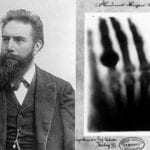 History
History  History
History  Weird Stuff
Weird Stuff 10 Wacky Conspiracy Theories You Will Need to Sit Down For
 Movies and TV
Movies and TV 10 Weird Ways That TV Shows Were Censored
 Our World
Our World 10 Places with Geological Features That Shouldn’t Exist
 Crime
Crime 10 Dark Details of the “Bodies in the Barrels” Murders
 Animals
Animals The Animal Kingdom’s 10 Greatest Dance Moves
 Movies and TV
Movies and TV 10 Box Office Bombs That We Should Have Predicted in 2025
 History
History 10 Extreme Laws That Tried to Engineer Society
 History
History 10 “Modern” Problems with Surprising Historical Analogs
 Health
Health 10 Everyday Activities That Secretly Alter Consciousness
 History
History 10 Dirty Government Secrets Revealed by Declassified Files
 Weird Stuff
Weird Stuff 10 Wacky Conspiracy Theories You Will Need to Sit Down For
 Movies and TV
Movies and TV 10 Weird Ways That TV Shows Were Censored
Who's Behind Listverse?

Jamie Frater
Head Editor
Jamie founded Listverse due to an insatiable desire to share fascinating, obscure, and bizarre facts. He has been a guest speaker on numerous national radio and television stations and is a five time published author.
More About Us Our World
Our World 10 Places with Geological Features That Shouldn’t Exist
 Crime
Crime 10 Dark Details of the “Bodies in the Barrels” Murders
 Animals
Animals The Animal Kingdom’s 10 Greatest Dance Moves
 Movies and TV
Movies and TV 10 Box Office Bombs That We Should Have Predicted in 2025
 History
History 10 Extreme Laws That Tried to Engineer Society
 History
History 10 “Modern” Problems with Surprising Historical Analogs
 Health
Health 10 Everyday Activities That Secretly Alter Consciousness
10 Strange Stories That Will Change The Way You See Charles Dickens
In his writing, Charles Dickens was a voice for what was right. He spoke against greed and cruelty and for the rights of the disenfranchised and the poor. He wrote stories that inspired millions, and he has become an eternal part of the canon of English literature.
In his private life, though, Charles Dickens was a bit different. He held troubling relationships with women and science alike, and his life was even stranger than the stories he wrote.
10 He Believed He Could Heal People Through Hypnosis
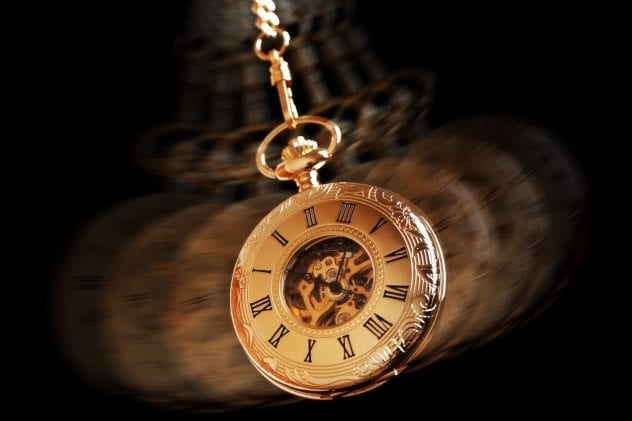
In 1837, Charles went to see Dr. John Elliotson perform experiments upon the stage. Dr. Elliotson was a mesmerist, a man who believed that all human beings are filled with a magnetic fluid that can be controlled through hypnosis.
Dickens watched Dr. Elliotson’s shows again and again and was trying hypnosis himself before long. He mesmerized his friends and family every chance he got. In particular, his wife, Catherine, was regularly subjected to his experiments. By the time he was done, Dickens claimed he could “magnetize a frying pan.”
Ten years after his experiments began, Dickens’s friend and illustrator, John Leech, suffered a concussion. He visited Leech in the hospital and tried to mesmerize him. When Leech got better, Dickens declared that it had everything to do with his healing powers—and nothing to do with the doctors.
9 He Performed Magic As ‘The Unparalleled Necromancer’
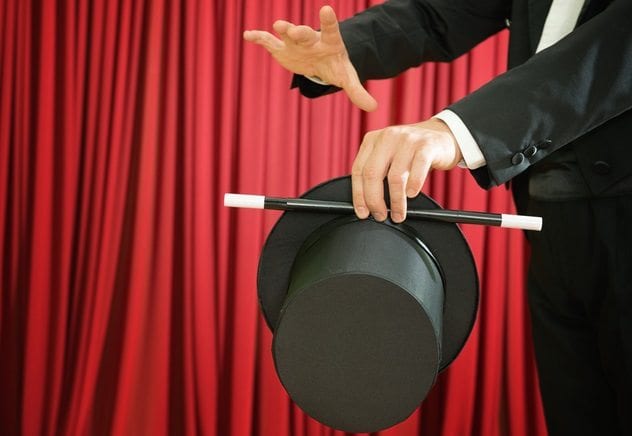
In 1849, an ad was spread around the city. It advertised a magic show, performed by “The Unparalleled Necromancer Rhia Rhama Rhoos, educated cabalistically in the Orange Groves of Salamanca and the Ocean Caves of Alum Bay.” To the surprise of the people who came out, the Unparalleled Necromancer was none other than Charles Dickens himself. There, before an amazed crowd, Britain’s best-selling author performed feats of magic and wonder.
He set a deck of cards on fire and reproduced from the ashes the card an audience member had drawn. He cut open a loaf of bread and revealed an audience member’s watch. And, into an ordinary gentleman’s hat, he poured a grocery list of raw ingredients and pulled out a finished plum pudding.
Apparently, he was quite good. Jayne Carlyle wrote that Dickens was “the best conjuror [she] ever saw” and that magic “would enable him to make a handsome subsistence lest the book-seller trade go as it please.”
8 He Visited The Last Men To Be Executed For Sodomy
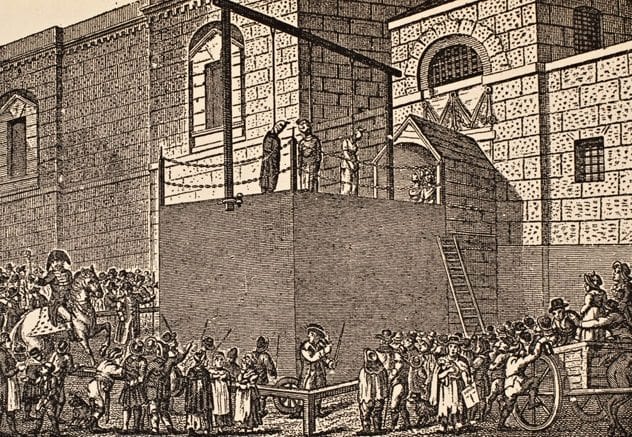
The last men in England ever executed for sodomy were James Pratt and John Smith. While they were in prison awaiting the gallows, they met Charles Dickens.
Dickens had popped by looking for inspiration. He had a column called Sketches by Boz, in which described everyday scenes in life, and he thought the sadness of condemned men would make a great topic.
Dickens wasn’t particularly forgiving of the gay couple who was about to be executed for making love. Calling them “wretched men,” he wrote that Pratt and Smith “had nothing to expect from the mercy of the crown; their doom was sealed; no plea could be urged in extenuation of their crime, and they well knew that for them there was no hope in this world.”
7 He Publicly Argued That Spontaneous Combustion Was Real
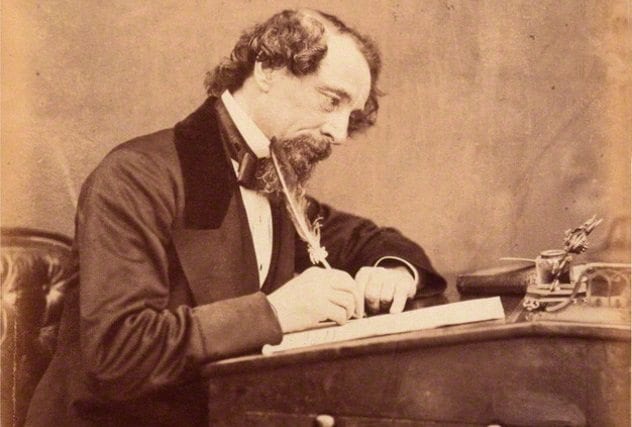
In 1852, Charles Dickens released a section of his novel Bleak House, in which a man died by spontaneous combustion. The scene sparked a nationwide debate over whether a person really could spontaneously combust. George Lewes, a strong advocate for science, publicly called Dickens out, saying that he was giving “credence to a scientific impossibility” and “currency to a vulgar error.”
Dickens responded through the next part of the novel. He worked in a paragraph that mocked people who don’t think spontaneous combustion is possible.
He didn’t let it drop there. Dickens and Lewes wrote each other private letters, continuing to argue whether it was possible. The two went on writing furious letters to each other for ten months before they finally got bored and agreed to disagree.
6 He Pretended He Was Going To Murder A Woman As A Joke

Dickens was a strange man. His favorite way to amuse himself was to run over to a group of complete strangers and tell them long, confusing jokes that they wouldn’t understand. Or he’d pretend to be in love, putting on a whole Pepe Le Pew routine in front an increasingly uncomfortable woman.
Sometimes, he took it too far.
Once, right in front of his wife, he grabbed a woman he didn’t know, pretending to be overpowered by love. He dragged her down to the beach and into the water and declared that they would stay there until the water swept them away to drown together.
The woman had no idea he was kidding. She freaked out, convinced she was about to die. Dickens’s wife, understandably, was unimpressed. She yelled at him to let the woman go. Dickens, though, was never one to give up on a good joke, so he clung onto the woman and watched the waves come crashing in.
The woman survived, but her dress was ruined, and she had the odd experience of being psychologically scarred by a legendary author.
5 He Called For The Genocide Of All Indians
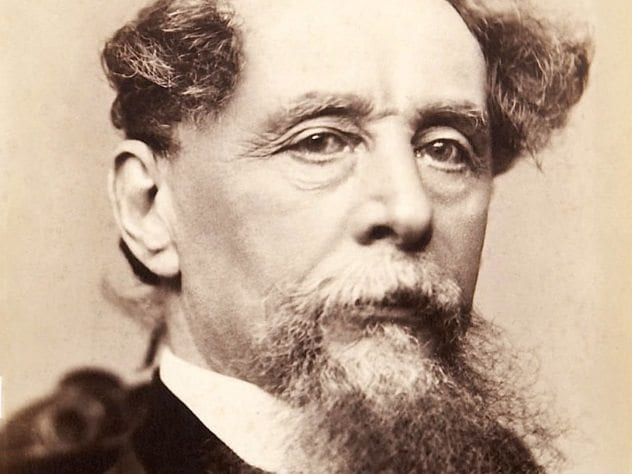
In 1857, India rose up against their British occupiers, starting their first war for independence. Newspapers painted the Indians as ungrateful savages, focusing on a story about a single English child who died in the conflict.
Dickens was strongly affected. He wrote a letter to a friend, Angella Burdett-Coutts, with whom he had opened a charitable home for young women. The letter, though, was anything but charitable. “I wish that I were Commander-in-Chief in India,” Dickens wrote. “I should do my utmost to exterminate the Race.”
4 He Was Accused Of Having An Affair With His Sister-In-Law
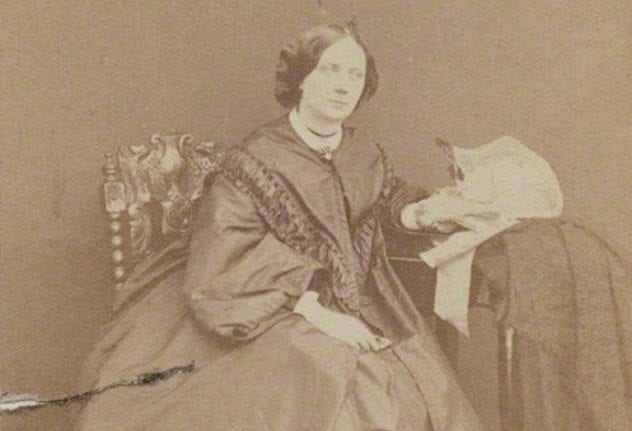
Dickens’s relationship with his wife’s family made people somewhat uncomfortable. He was unusually devoted to them. When his sister-in-law, Mary, died at age 17, he wrote to a friend that he wished he could be buried with her.
However, it was her other sister, Georgina, who really caused a scandal. Georgina had made Dickens the center of her life. She lived in his home as his housekeeper and adviser. She had turned down two marriage proposals from other men, allegedly to spend more time with her sister’s husband.
When rumors came out that there was a rift between Dickens and his wife, the public was sure Georgina was behind it. Dickens, they believed, had been sleeping with his sister-in-law, a relationship that Victorians saw as a type of incest. The stories ballooned until the people had convinced themselves that Georgina was secretly the mother of three of Dickens’s children.
She wasn’t. Dickens proved his innocence—and went way overboard doing so. He made Georgina get her virginity tested and shared the results.
3 He Did Have An Affair With An 18-Year-Old
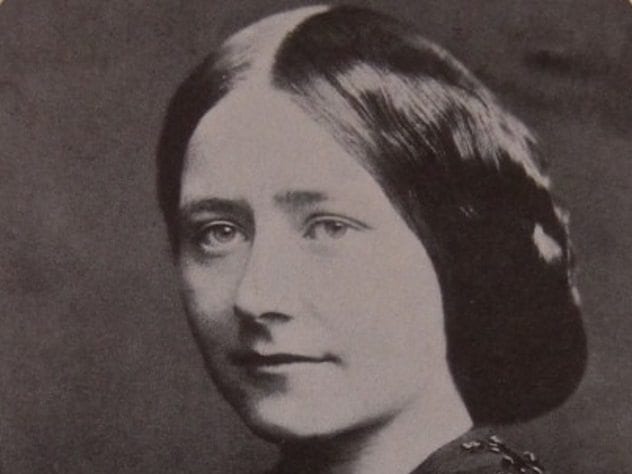
The rumors were right about one thing: Dickens’s marriage really was falling apart. It started in 1857, when he put on a production of a play. There, he met a young actress named Ellen Ternan, who was 27 years younger than him.
Dickens became obsessed with her. He wrote little stories fantasizing that he was a knight saving Ternan from ogres that had tied her up by her hair. He was in love—and he was willing to sacrifice his whole family for it.
The two began an affair. However, this was the Victorian era, and an affair would have been a huge scandal. Dickens made Ternan spend most of her time in hiding, living in homes where people wouldn’t spot him. He would sneak out to her and spend nights with her, but he hid her from the public eye. The affair lasted for 13 years, ending with his death.
2 He Took His Children Away From Their Mother
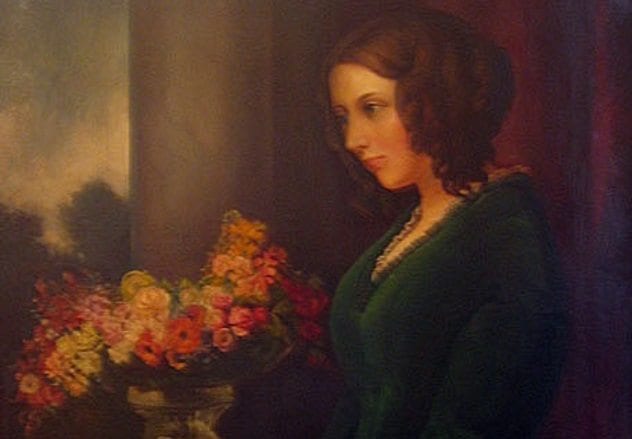
After the birth of her second child, Catherine fell into a slump that people today think might have postpartum depression. Charles, not being a very good husband, wasn’t particularly sympathetic. He wrote to friends criticizing his wife, once saying that she “is as near being a donkey” as a woman can be.
When he started his affair with Ellen Ternan, enough leaked out that it became a public scandal. Dickens was furious, and he wrote to friends justifying himself, saying Catherine was an “incompetent mother” and “mentally disordered.”
For a while, he had their bedroom divided in two so he didn’t have to see her. Soon, he kicked her out of the house altogether, and he kept the kids. Eight of their nine children stayed with Dickens, at his insistence. Only his eldest, Charley, was old enough to choose for himself, and he chose to live with his mother.
1 He Saved Lives In A Train Accident And Had To Hide It
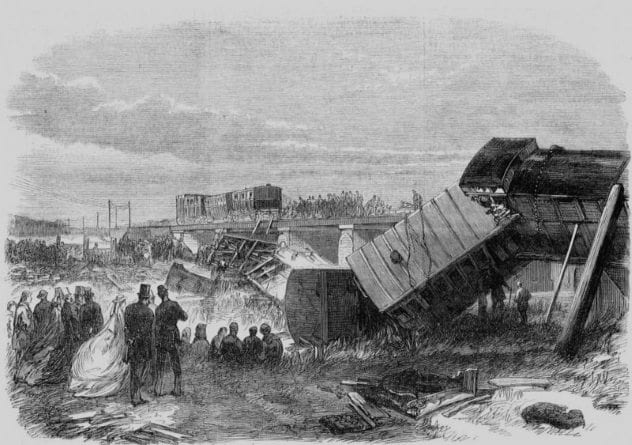
In 1865, Dickens had a rare moment of heroism. He was riding in the first-class carriage of a train when it plunged off a bridge. Seven of the eight carriages plummeted down below, with only Dickens’s staying on the track.
Dickens climbed out of the carriage and went looking for the conductor. He took the key from him and opened the carriage door, freeing the people inside. He then rushed over the edge and freed a person trapped in a wrecked car. He saved lives. He tended to the wounded with water and brandy and helped others find their loved ones.
And he could never tell a soul.
Dickens was with Ellen Ternan, and he couldn’t risk having the public learn of his affair. He skipped the police on the crash and hid the story of his heroism from the public.


